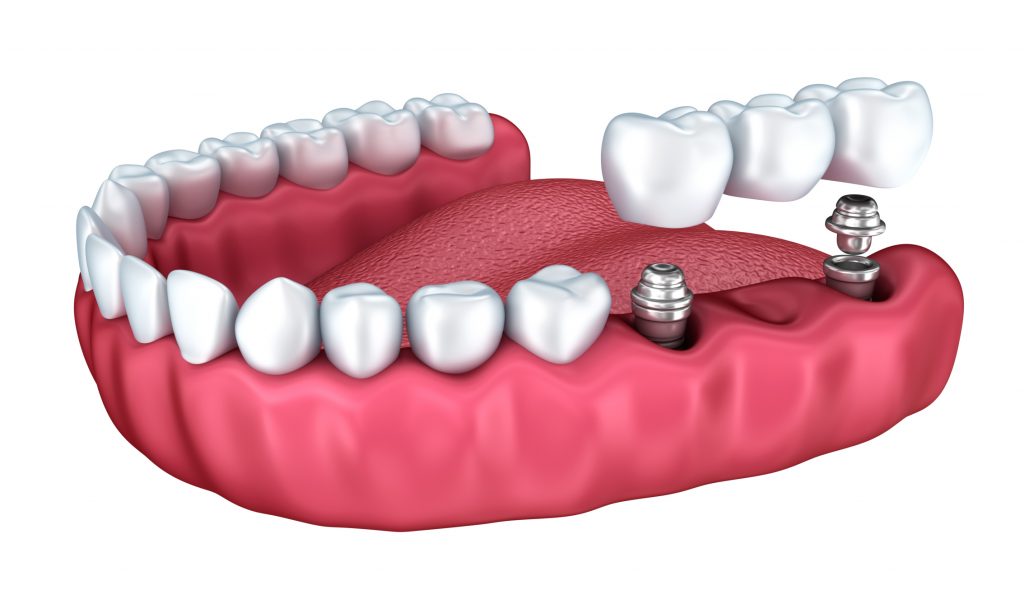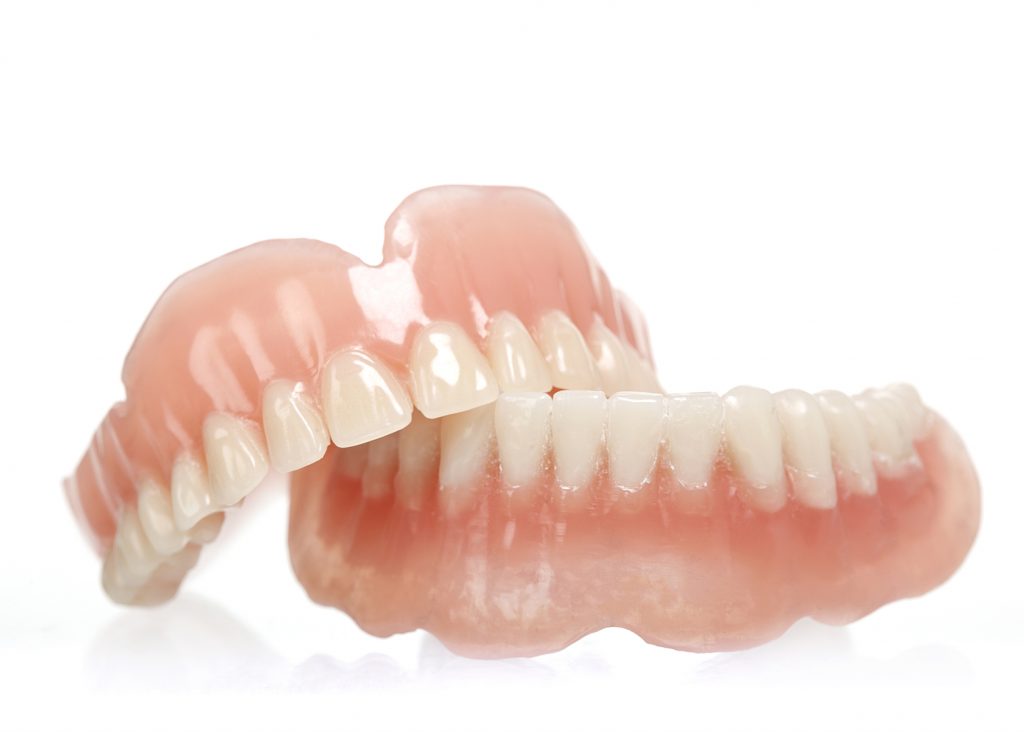
Gum disease is an infection of the tissues that surround your teeth. It is a major cause of tooth loss in adults. Because gum disease is typically painless, you may not even know you have it. But what causes gum disease? Plaque is the primary cause of gum disease. However, other factors can contribute to periodontal disease, including:
- Hormonal changes, such as those occurring during pregnancy, puberty, menopause, and monthly menstruation, make gums more sensitive, which makes it easier for gingivitis to develop.
- Various illnesses may affect the condition of your gums. This includes diseases such as cancer or HIV, because they interfere with the immune system. Diabetes’ effects on the body’s ability to use blood sugar makes patients with this disease at a higher risk of developing infections, including periodontal disease and cavities.
- Medications can affect oral health, because some lessen the flow of saliva, which has a protective effect on teeth and gums.
- Bad habits such as smoking make it harder for gum tissue to repair itself.
- Poor oral hygiene habits such as not brushing and flossing on a daily basis, make it easier for gingivitis to develop.
- Family history of dental disease can be a contributing factor for the development of gingivitis.
Gum disease may progress without producing obvious signs, even in the late stages of the disease. Although the symptoms of periodontal disease can often be subtle, it can present some warning signs. But even if you don’t notice any symptoms, you may still have some degree of gum disease. In some people, gum disease may affect only certain teeth, such as the molars. Only a dentist or a periodontist can recognize and determine the progression of gum disease.
If you would like more information about gum disease, call Dr. Peter O. Cabrera in Chicago, IL at 312-994-7939 or visit www.perioimplantchicago.com.
Dr. Cabrera proudly serves Chicago and all surrounding areas.








